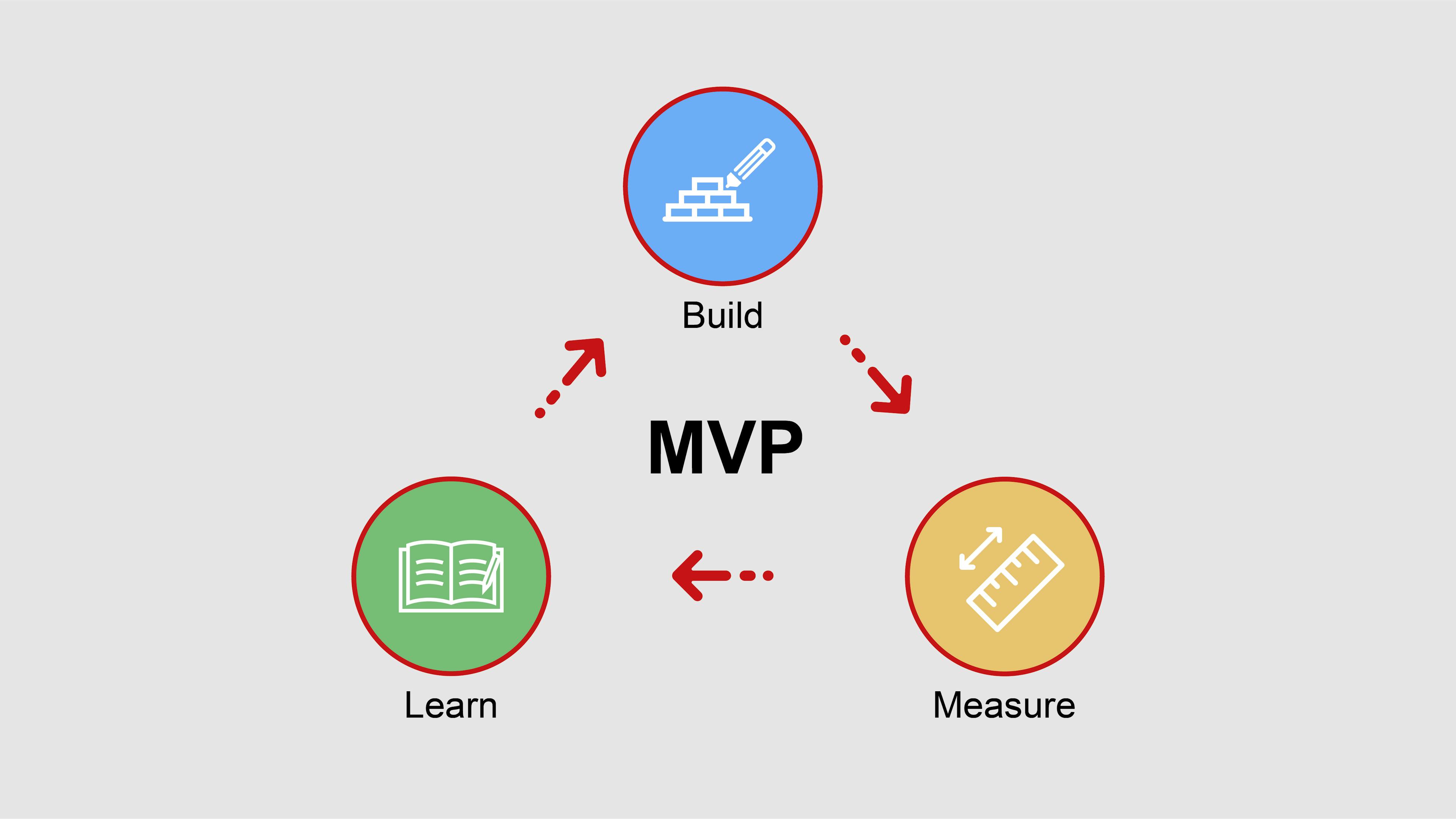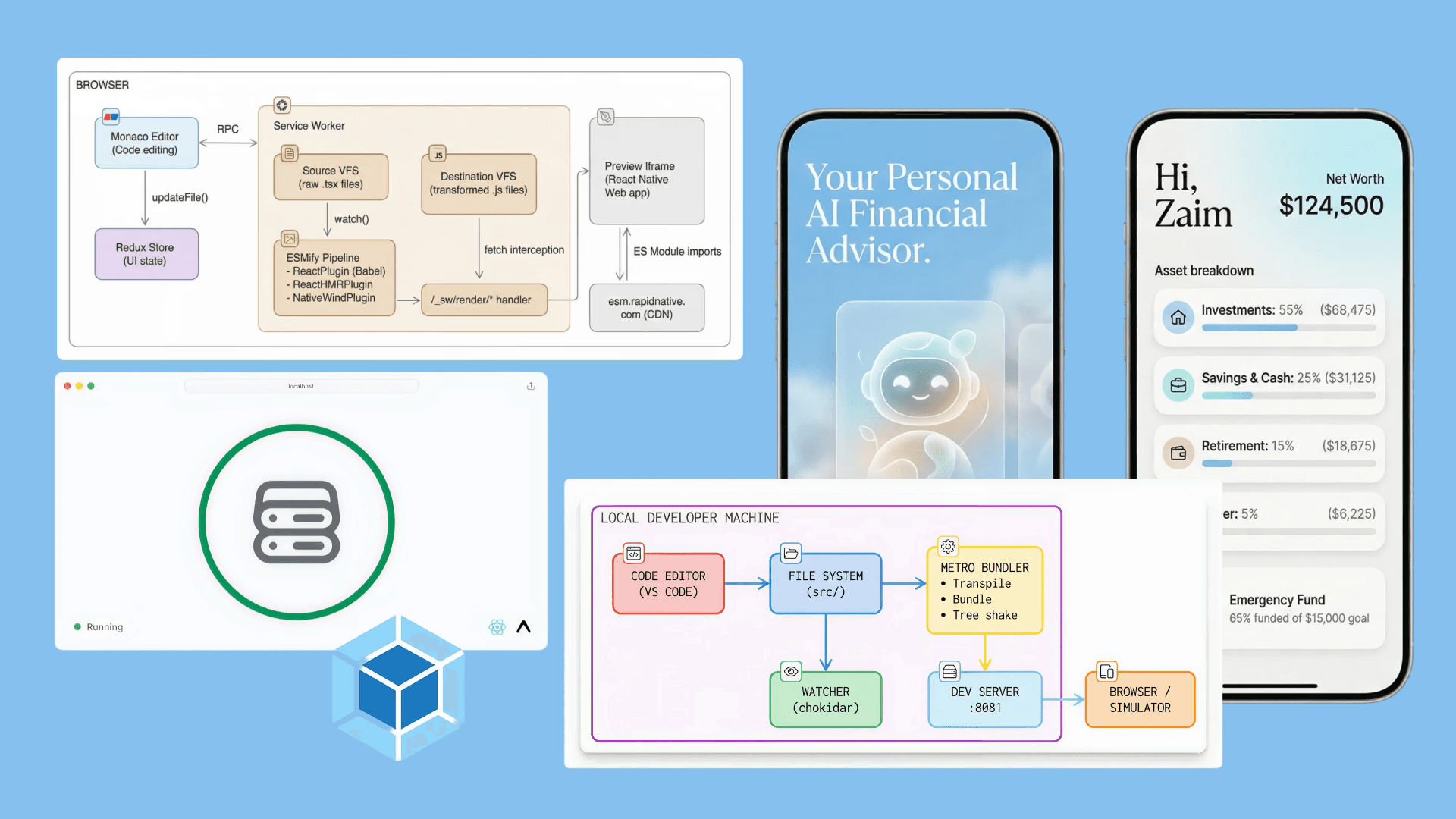Table of Contents
How To Evaluate An Application Development Partner For Maximum ROI
Author

Date

Book a call
Introduction
Having custom software deployed for your business is a significant advantage. It cannot be replaced by off-the-shelf software. Customized software are designed to cater to your current and pressing business requirements and enhance the efficiency of your business processes. However, the path to getting a custom software built is not easy.
Selecting the right software development partner is challenging. Keeping certain criteria in mind can help simplify this task. One such criterion is evaluating the Return On Investment for your application development partner.
Let’s further discuss the ROI factor here.
Why Should You Measure ROI for Your App Development Partner?
Measuring the ROI (return on investment) when opting for custom software development is multi-beneficial. The ROI metric helps assess the efficiency of your business processes and resource utilization. It also helps determine which business strategies are effective and which are wasting your resources, both human and capital.
Before beginning a new project, ROI calculation is a critical step that allows you to plan the project, anticipate the costs, and establish the objectives for building successful projects. When you calculate ROI, you can see if the project is feasible and understand how to get started. It is also useful when seeking budgetary approval from top management.
How To Evaluate The ROI?
The right method to evaluate ROI depends on considering what is important for your business. Digital transformation has also altered business models, and the way businesses interact with customers. Understanding the unique value your business provides to users and linking the metrics to achieve it successfully is critical.
Here are some of the parameters that help us at GeekyAnts, enhance the ROI for our business partners:
- Clearly defined objectives
- Relevant and robust tech stack
- Software development cost evaluation
- Measurable KPIs
Now, let’s have a look at these in detail.
- Clearly Defined Objectives
Knowing the purpose of an app is the building block of app development. The further steps in the software development lifecycle are designed around the project's objectives. The most common and important objectives can be customer interaction, higher revenue generation, and workplace efficiency.
Once all your objectives are defined, you should communicate the same to the development team. This will help utilize the resources better and create products that deliver those objectives.
- Relevant and Robust Tech Stack
The tech stack used also determines the performance of an application. To evaluate and enhance ROI from an app, the development team must be adept in advanced technologies. At GeekyAnts, we have tech leads who analyze your business app objectives and suggest the right tech stack to achieve the same.
Our developers have experience working with trending technologies. Rather than providing a one-size-fits-all solution, we prefer keeping everything customized for every individual project. This approach allows us to create apps that gather more returns.
- Software Development Cost Evaluation
Knowing the current costs allows you to understand the savings. It starts with calculating the hourly cost of developing software. We promote the MVP (minimum viable product) approach to curb unnecessary costs and begin app development with small but sturdy steps. It involves creating software with the basic functionality that is unique and essential to make it functional. We can then modify the MVP according to user feedback.
This MVP approach saves considerable time and development costs. Another way to reduce time and cost is to reutilize libraries and frameworks during app development.

- Measurable KPIs
Key Performance Indicators (KPIs) are business metrics that help assess the factors critical to an organization's success. KPIs vary for each organization, as some may consider net revenue a key performance indicator. In contrast, others may consider customer loyalty or retention rate key performance indicators.
These KPIs are related to the first step because the metrics will differ depending on the app's objectives. Setting measurable goals and assessing them helps the development stay on the right track and increase Return On Investment in the long run.
Wrapping Up
Developing an app and keeping it relevant and efficient over time is demanding. Measuring ROI before investing in app development is always advisable to ensure none of your efforts and resources go in vain. Also, with the current market competition, it is critical to focus on revenue earning, parameters, and metrics related to ROI.
The above factors will help you strategize better and select an application development partner that helps boost your ROI. For more information, feel free to contact us.





